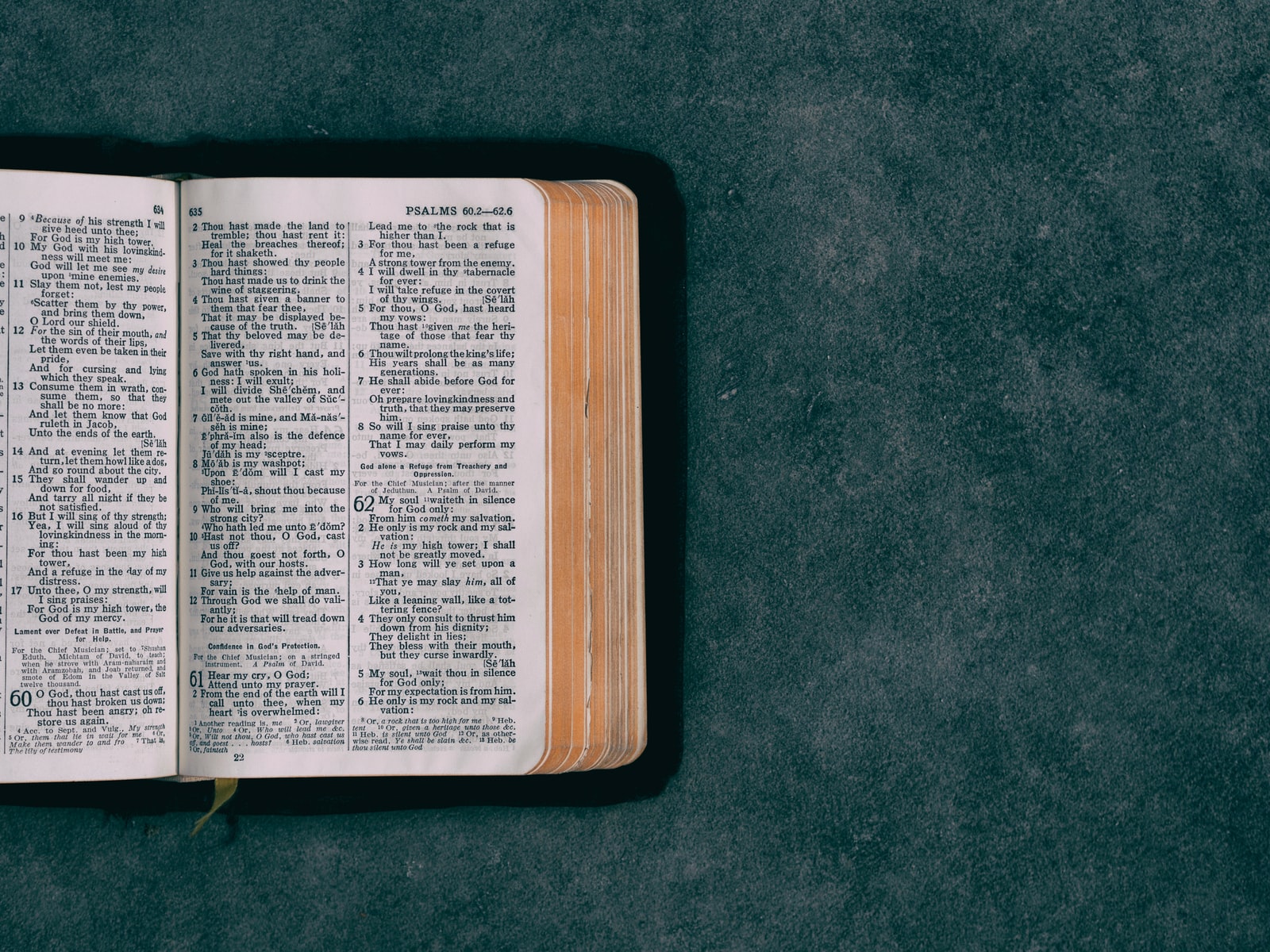GOD HONORS
2 Kings 12:4–16
Problem (4–8)
Joash was one of eight kings of Judah who did what was right in the eyes of the Lord. His predecessor, however, was not. Athaliah, the daughter of Israel’s evil King Ahab, was the only woman to sit on Judah’s throne, and she was the worst. During her reign, her sons broke into the temple and used its sacred utensils in their worship of Baal (2 Chron. 24:7).
Joash was not a son of Athaliah, however, and one of the first things he did as king of Judah was to repair the temple. He gave specific directions to the priests to use the monetary offerings given by the people for temple repair.
But well into his reign, Joash found the priests had not repaired the temple. Scripture doesn’t give a reason for their failure, and even when Joash asks Jehoiada and the other priests to explain their inaction, they didn’t have an answer for him. So Joash relieved them of the responsibility. They would no longer be expected to make the repairs, but they also would no longer have access to the offerings.
Sometimes who does the work is the important part. It matters to teachers, for example, that students do the work assigned themselves. But in this case, the priority was getting the temple repaired, not on who did it. Joash models good leadership here. When the priests weren’t doing the work, Joash found another way to get it done.
Solution (9–12)
Many of us who have been around church for a long time understand the concept of a designated offering. Our church has at least two designated offerings for missions every year — one for international missions and one for North American missions. So what Joash does here feels really familiar. He created a designated offering specifically for temple renovations and developed a system to make sure the money went directly to the people who were doing the work. Money was placed in a locked box with a hole cut in the top. Offerings could go in, but they could only be accessed by the high priest and Joash’s secretary. When the box got full, they would open it, pay the contractors and purchase more material. In this way, the “building fund” was kept separate from the “budget offering.”
Once again Joash is a model for financial accountability. He removed the risk of the priests being tempted to misuse the funds and made sure the workers were paid for their service. He also made sure the people had a personal investment in the renovation work. God both honors and is honored by financial responsibility.
Action (13–16)
Joash had a great way of “keeping the main thing the main thing.” He was focused on the temple being repaired and would not allow any of the money given for that purpose to be used for anything else. While there was certainly a need for more utensils after Athaliah and her sons pillaged the temple, that project would have to wait for another day.
Joash’s singular focus and commitment seemed to have an effect on the construction crew. They didn’t even have to keep account of how the workers were using the money because they worked with integrity. This suggests a couple of things to me. The first is pay careful attention to the character of the people you hire. Yet again Joash seems to be a model for modern-day best practices. But it also shows how contagious a compelling vision can be. When people believe in the work you are doing, they want to do their part for a high standard.





